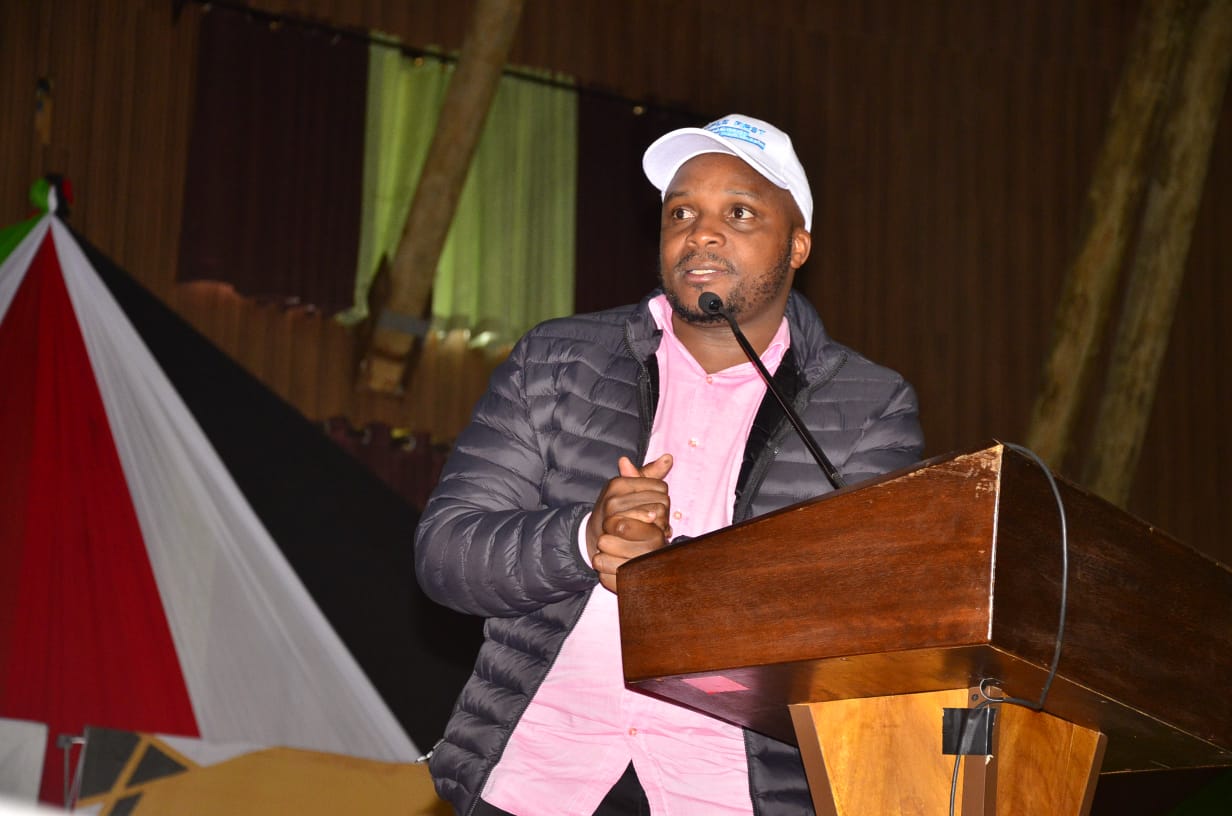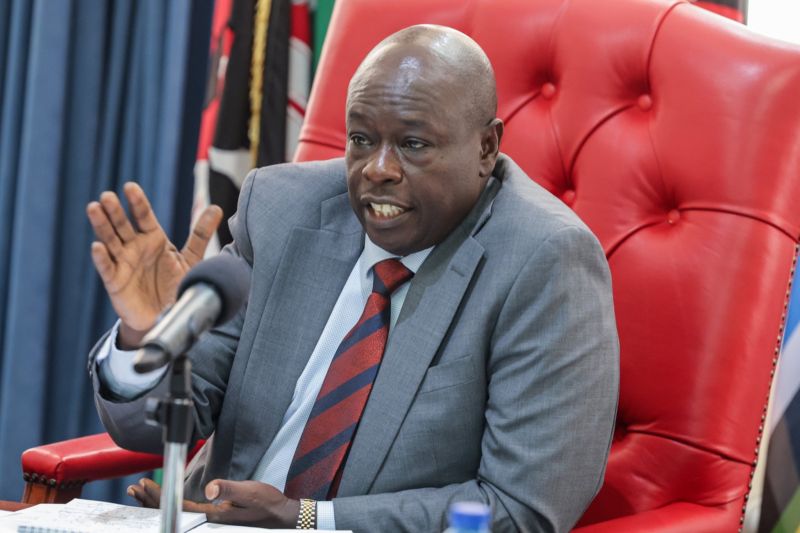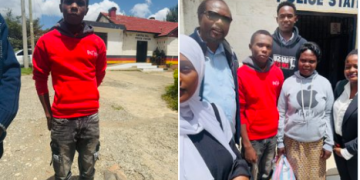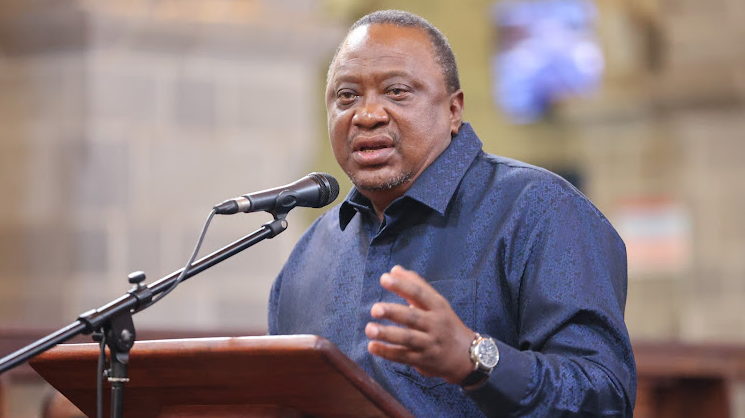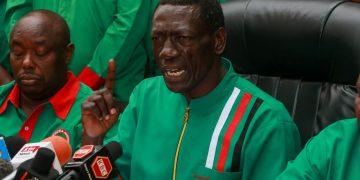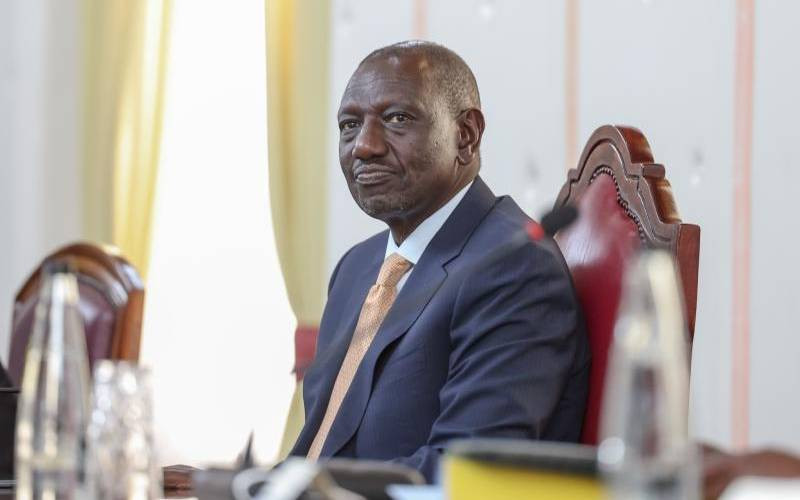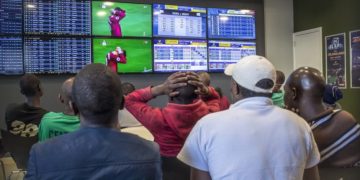Lang’ata Member of Parliament (MP) Phelix Odiwuor, popularly known as Jalang’o, has stirred a storm of controversy following remarks he made during a recent visit to Kisii County. His comments, which many Kisii residents perceived as disrespectful and derogatory, have ignited widespread outrage, with numerous community members and leaders demanding an immediate public apology.
The incident occurred while Jalang’o was addressing a gathering in Marani, located within Kitutu North Constituency. Seeking to entertain the crowd, he narrated a lighthearted yet highly controversial story about his overnight experience at Marani Simba Lodge. According to Jalang’o, upon arriving early in the area, he decided to spend the night at the lodge, where he allegedly encountered a bizarre and unsettling event.
“I arrived here early and spent the night at Marani Simba Lodge,” Jalang’o recounted to the crowd. “Later that night, I noticed a small meeting of about twelve people gathered outside. Curious, I decided to listen in closely and realized, to my shock, that it was a meeting of witches.”
He further elaborated on his observation, claiming that the supposed group of witches was voicing frustrations about recent developments in the constituency. In particular, he said they were complaining about the installation of security lights by the area’s Member of Parliament, Japheth Mokaya (popularly known as Jafo). According to Jalang’o, the witches lamented that the new lighting had severely hindered their traditional practices, including “night running,” a cultural phenomenon often shrouded in mystery and superstition.
“They were bitterly complaining that Jafo had ruined their work by installing electricity everywhere,” Jalang’o said amid laughter. “The security lights have made it impossible for them to practice night running.”
Despite his attempt at humor, Jalang’o’s comments quickly triggered a backlash among Kisii residents, who interpreted the remarks as an insensitive and unwarranted attack on their community’s dignity and reputation. Many took to social media platforms to express their displeasure, terming his narrative as an unacceptable insult that perpetuated negative stereotypes about the Kisii people.
Several community leaders, activists, and local politicians have since condemned Jalang’o’s remarks, emphasizing that public figures must exercise greater sensitivity and respect when speaking about communities, especially in public forums. They argued that such statements not only reinforce harmful myths but also demean a people’s cultural heritage and identity.
“The remarks by Hon. Jalang’o are not just reckless; they are deeply offensive to the Kisii community,” one local leader stated. “We demand an immediate and unreserved public apology. We expect our leaders to promote unity, not to belittle and mock communities for cheap entertainment.”
Other residents expressed their hurt more personally, saying that such jokes reinforce age-old prejudices that paint the Kisii as practitioners of witchcraft, a stereotype that many have fought hard to dispel over the years.
As pressure mounts, many are closely watching to see how Jalang’o will respond to the growing calls for accountability. Some supporters have urged him to issue a clarification, explaining that his intentions were purely humorous and not meant to cause offence. However, for many within the Kisii community, only a formal apology would suffice to mend the damage caused.
The incident serves as a poignant reminder of the fine line public figures must tread when engaging diverse audiences. Humor, while often a powerful tool for connection, can also easily backfire when it plays on sensitive cultural narratives. As the situation unfolds, it remains to be seen whether Jalang’o’s reputation among the Kisii people can be restored and what lessons public figures might draw from this controversy moving forward.

